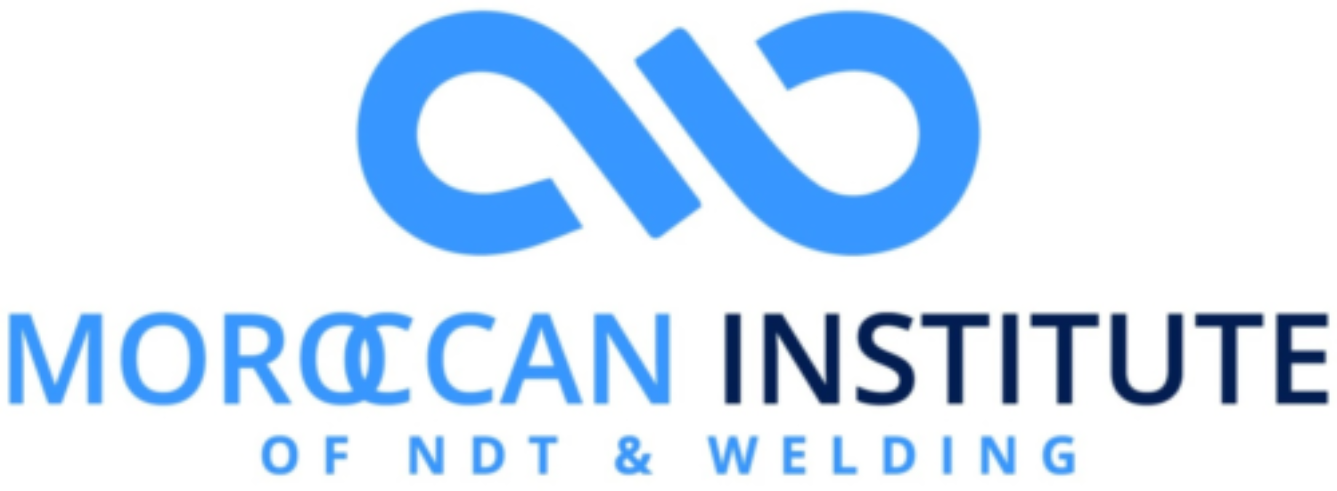Comprehensive Guide to Welding Training: Elevate Your Skills with the Best Practices
 Welding is a critical skill in many industries, including construction, manufacturing, automotive, and aerospace. Mastering the art and science of welding can open up numerous career opportunities and ensure the structural integrity and safety of various infrastructures and products. In this comprehensive guide, we will explore the essentials of welding training, the different welding techniques, the importance of adhering to industry standards, and how to choose the right training program.
Welding is a critical skill in many industries, including construction, manufacturing, automotive, and aerospace. Mastering the art and science of welding can open up numerous career opportunities and ensure the structural integrity and safety of various infrastructures and products. In this comprehensive guide, we will explore the essentials of welding training, the different welding techniques, the importance of adhering to industry standards, and how to choose the right training program.
At the end of the article, we will discuss how our specialized welding training courses can benefit you and help you achieve professional excellence.

Understanding Welding and Its Importance
Welding is the process of joining two or more materials, typically metals or thermoplastics, by causing coalescence. This process is accomplished through various techniques, each suited for different types of projects and materials. Skilled welders are in high demand due to their ability to create strong, durable joints that are crucial in building and maintaining structures and machinery.
Key Welding Techniques
- Arc Welding (SMAW)

- Description: Uses an electric arc to melt the workpieces and filler material, allowing them to fuse together.
- Applications: Common in construction and repair work due to its versatility and simplicity.
- Gas Tungsten Arc Welding (GTAW/TIG)
- Description: Utilizes a non-consumable tungsten electrode to produce the weld, with an inert gas like argon protecting the weld area from contamination.
- Applications: Ideal for precision welding on thin materials such as stainless steel and aluminum.
- Gas Metal Arc Welding (GMAW/MIG)
- Description: Employs a consumable wire electrode and a shielding gas, which are fed through a welding gun.
- Applications: Widely used in automotive and manufacturing industries for its efficiency and ease of automation.
- Flux-Cored Arc Welding (FCAW)
- Description: Similar to MIG welding, but uses a special tubular wire filled with flux.
- Applications: Suitable for welding thicker materials and outdoor applications due to its ability to withstand windy conditions.
- Resistance Spot Welding
- Description: Uses pressure and electrical current to weld overlapping pieces of metal at specific points.
- Applications: Common in the automotive industry for joining sheet metal.
The Importance of Welding Training
Proper welding training is essential for developing the skills necessary to perform high-quality welds. Training programs typically cover:
- Safety Protocols: Understanding and adhering to safety standards to prevent accidents and injuries.
- Welding Techniques: Hands-on practice with various welding methods to gain proficiency.
- Material Science: Knowledge of different materials and how they react to heat and welding processes.
- Inspection and Quality Control: Learning how to inspect welds and ensure they meet industry standards.
Choosing the Right Welding Training Program
When selecting a welding training program, consider the following factors:
- Accreditation: Ensure the program is accredited by recognized industry bodies, such as the American Welding Society (AWS) or the American Society of Mechanical Engineers (ASME).
- Curriculum: Look for a comprehensive curriculum that covers both theoretical knowledge and practical skills.
- Instructors: Experienced and certified instructors can provide valuable insights and mentorship.
- Facilities: State-of-the-art training facilities with modern equipment will enhance your learning experience.
- Certifications: Opt for programs that offer certification upon completion, which can enhance your employment prospects.
Aligning with Our Services
 At the Moroccan Institute of NDT & Welding, we offer top-tier welding training courses designed to equip you with the skills and knowledge necessary for success in the welding industry. Our programs are tailored to meet industry standards and provide hands-on training with the latest welding technologies. Our services include:
At the Moroccan Institute of NDT & Welding, we offer top-tier welding training courses designed to equip you with the skills and knowledge necessary for success in the welding industry. Our programs are tailored to meet industry standards and provide hands-on training with the latest welding technologies. Our services include:
- Comprehensive Welding Training: Covering all major welding techniques, safety protocols, material science, and inspection methods.
- Certification Preparation: Helping you prepare for industry-recognized certifications such as AWS and ASME.
- Expert Instructors: Learn from experienced professionals with a wealth of industry knowledge.
- State-of-the-Art Facilities: Train in our modern workshops equipped with advanced welding equipment.
- Flexible Training Options: We offer both full-time and part-time courses to accommodate your schedule.
How You Can Benefit from Our Services
 By enrolling in our welding training programs, you will gain:
By enrolling in our welding training programs, you will gain:
- Industry-Recognized Certification: Enhance your credentials and improve your job prospects.
- Hands-On Experience: Develop practical skills through extensive hands-on training.
- Expert Guidance: Receive personalized instruction and feedback from experienced professionals.
- Career Advancement: Open up new career opportunities in various industries that rely on skilled welders.
Contact Us Today
Ready to take your welding skills to the next level? Contact the Moroccan Institute of NDT & Welding today to learn more about our welding training courses and how we can help you achieve professional excellence. Visit our website or call us to speak with one of our representatives.

